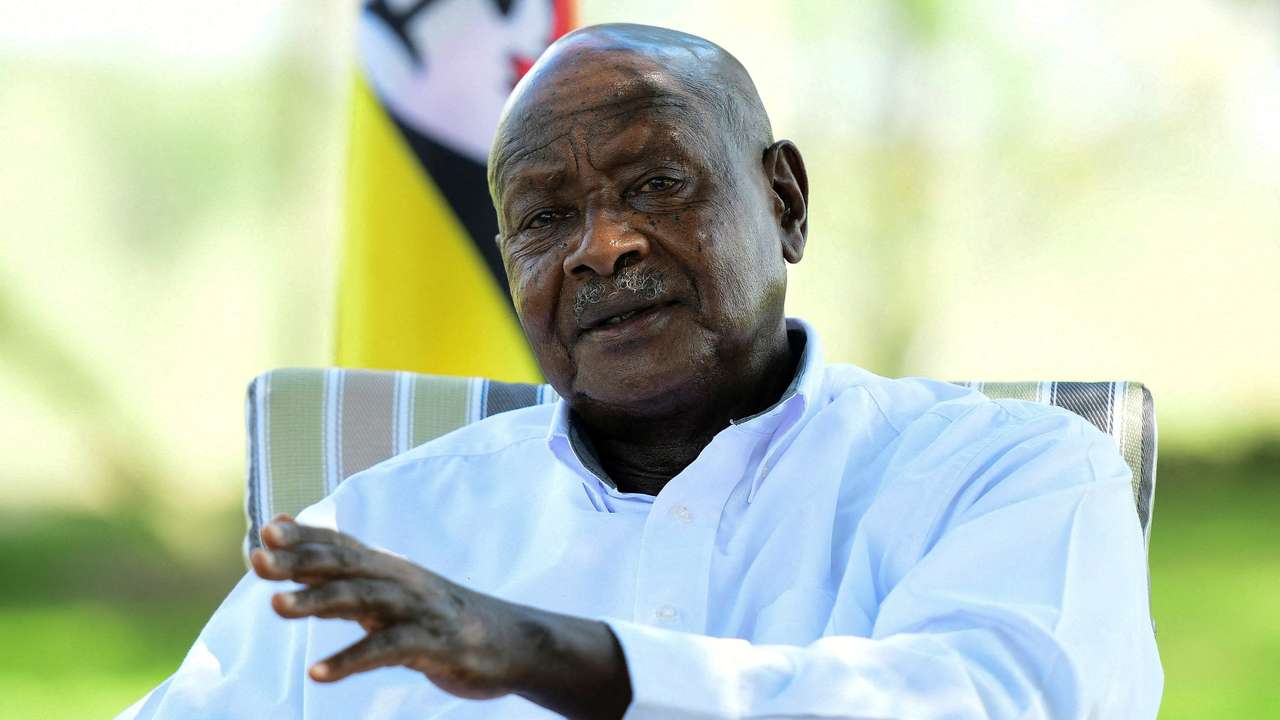Ugandan schools under fire for banning local languages

Teachers and language experts in Uganda are calling for an end to the practice of punishing students for speaking their mother tongue in schools.
They say this rule is killing indigenous languages, especially Runyakitara, which is widely spoken in western Uganda.
The issue was discussed at a gathering of language instructors at Kabale University to mark International Mother Language Day. Experts warned that if schools continue to prioritise English over local languages, many Ugandan languages could disappear.
Dr. David Majariwa, head of the Institute of Language Studies at Kabale University, said attitudes need to change.
"We need to change societal attitudes that prioritise English proficiency over mother tongue literacy," he was quoted by The Monitor.
He added that local languages must be taught in nursery and primary schools to ensure they survive.
Runyakitara is a group of languages that includes Runyoro, Rutooro, Runyankore, and Rukiga. It is spoken in the Bunyoro, Toro, Kigezi, and Ankole regions, but its use is declining as more people switch to English.
Experts called on the government to make local languages part of major national exams like the Primary Leaving Examinations (PLE) and Uganda Certificate of Education (UCE).
Professor Manuel Muranga, head of Runyakitara studies at Kabale University, said the government must do more.
"The government should integrate local languages into the national curriculum," he said.
Muranga also urged media professionals, cartoonists, and content creators to produce children's materials in local languages to help young people learn them early.
More than 40 students have graduated with degrees in Runyakitara, and over 130 others are currently studying it. If mother tongue education is extended to Primary Seven, he said, it could create up to 43,000 jobs for language experts.
Uganda is home to more than 50 languages spoken by over 45 million people.
According to experts, many of these languages could disappear within a few generations if nothing is done.